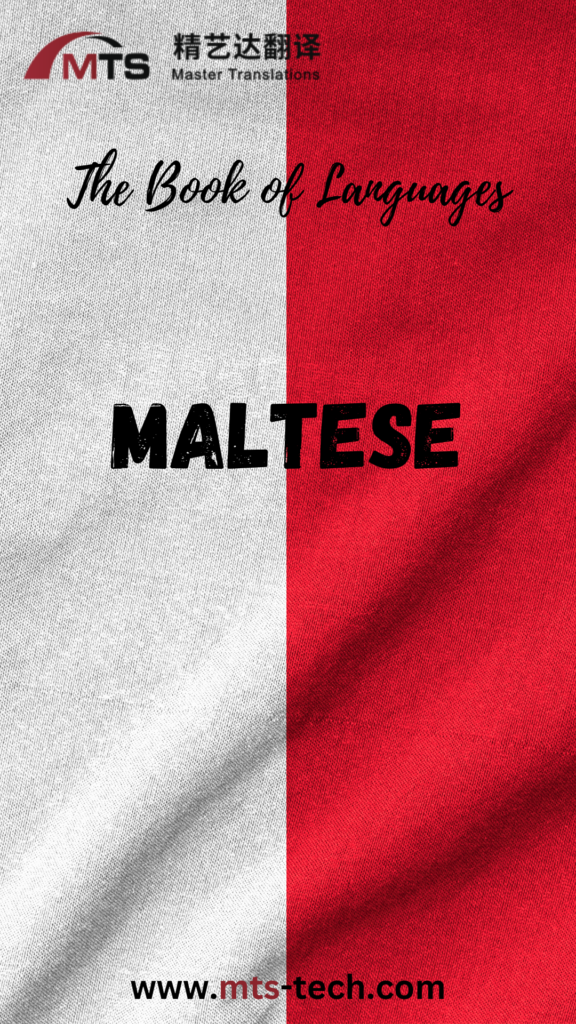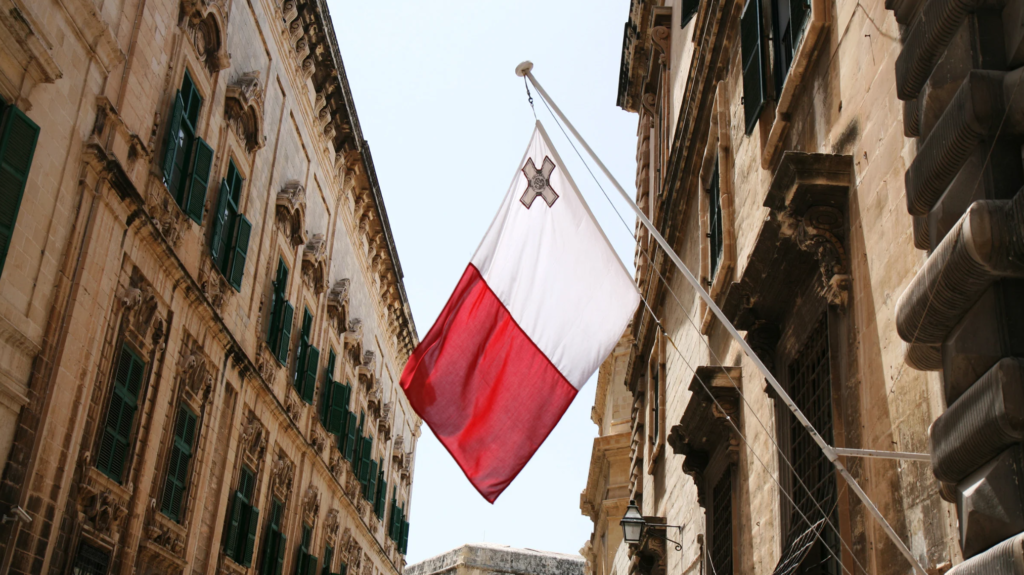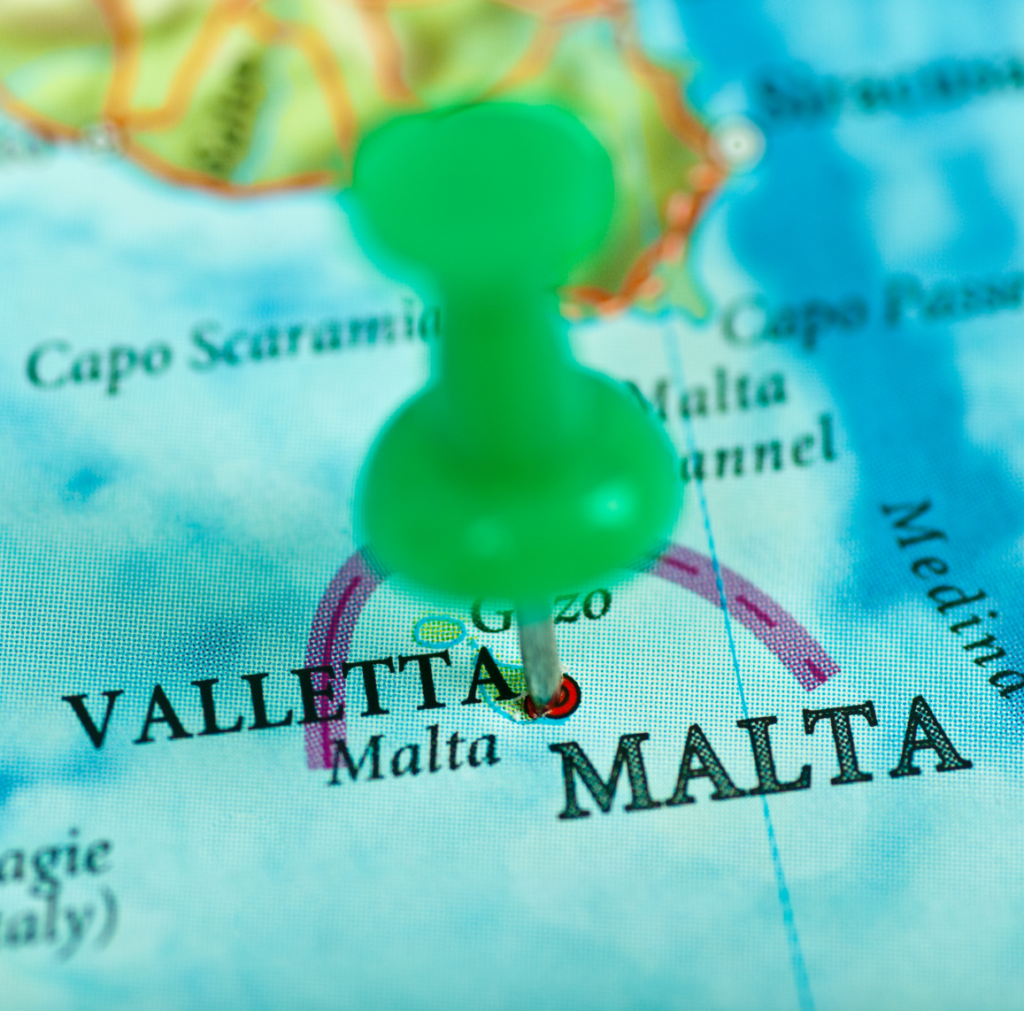
Welcome aboard the linguistic space & time machine as we journey to the heart of Mediterranean, a little rocky island called Malta. Here, we find a language as captivating as the island’s azure waters – the Maltese. A charming concoction of Arabic, Italian, and English influences, Maltese is an exquisite linguistic feast that continually surprises and delights. The only Semitic language to be recognised as an official language of the European Union, its unique character and undeniable charm have effectively etched a place for it in the annals of linguistic diversity.
Maltese, or Malti as it’s known to its native speakers, is a chameleon of a language. It seamlessly blends the east and west, effortlessly embodying the island’s rich history of conquerors, crusaders, and colonizers. The language is like the Maltese Falcon, filled with intrigue and mystery, revealing new layers with each examination. It’s a linguistic gem that shines brightly amidst the vast sea of world languages.
The History

The roots of Maltese language can be traced back to Siculo-Arabic, a variant of Arabic spoken in Sicily between the 9th and 12th centuries. The language evolved and flourished under the rule of the Knights of St John, absorbing Italian and French words. Later, with the British colonisation, English also left its mark on Maltese, contributing to the language’s vast lexicon.
Despite its many influences, Maltese has managed to maintain its unique identity. It has resisted the erosion of time and colonization, proving to be as resilient as the island’s ancient fortifications. Today, around half a million people speak Maltese, a testament to the language’s enduring appeal and strength.
Words!
The Maltese vocabulary is a treasure trove of unique words that encapsulate the island’s rich culture and history. Take, for instance, the word ‘merħba’ (welcome). It’s not just a greeting; it’s an embodiment of the Maltese people’s hospitable nature. Or consider ‘sahha,’ a versatile word used to express good health, thankfulness, and even as a toast when clinking glasses.
Then there’s the quintessentially Maltese phrase ‘Mela,’ a word that is as versatile as a Swiss Army knife. It can mean ‘so,’ ‘then,’ ‘well,’ or even ‘of course,’ and it’s used liberally in conversation, much like the island’s famed honey in its local cuisine. It’s these words, and countless others, that make Maltese a fascinating language to explore.

Did you know that Maltese is the only Semitic language written in Latin script? And it’s not just any Latin script. The Maltese alphabet has 30 letters, including some unique ones like Ċ, Ġ, Ħ, and Ż. It’s like a secret code that adds an extra layer of intrigue to this already captivating language.
Another interesting fact is that Maltese has no native word for ‘yes.’ Instead, they repeat the verb in the question. So, if someone asks ‘Are you coming?’ in Maltese, you’d reply ‘coming’ to say yes. This quirk is just one of many that make Maltese a linguistic adventure worth embarking on.
Music!

In the realm of music, the Maltese language takes on a whole new rhythm. Traditional Maltese music, known as ‘ghanja,’ is a melodic narrative, often telling stories of love, loss, and local folklore. The language’s Arabic roots shine through in these tunes, lending them a hypnotic quality that’s hard to resist.
In contemporary music, Maltese is experiencing a resurgence, with many local bands choosing to sing in their native tongue. This trend not only showcases the versatility and vibrancy of Maltese but also introduces the language to a global audience, further solidifying its place on the world stage.

Learning Maltese may seem like a Herculean task, given its unique blend of influences and its tonal subtleties. However, it’s this very complexity that makes it such a rewarding challenge. As you peel back the layers of the language, you’ll uncover a rich tapestry of history, culture, and tradition.
Thankfully, the Maltese are as welcoming as their language. They’re always ready to help budding linguists navigate the linguistic waters of their mother tongue. So, if you’ve been bitten by the language-learning bug and fancy a challenge, why not take a leap and dive into the mesmerising world of Maltese? You might just find yourself falling in love with this linguistic gem of the Mediterranean.

